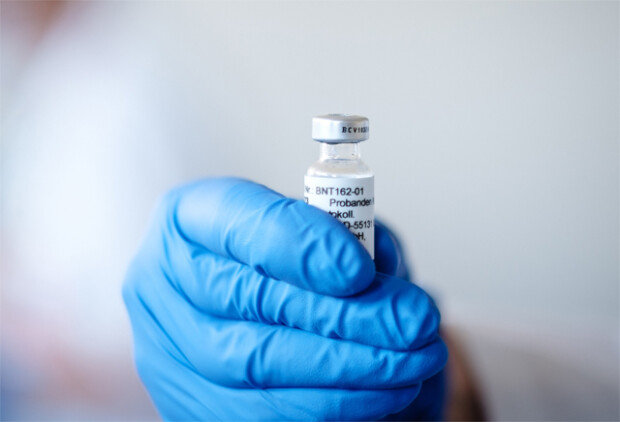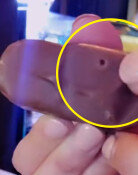Who will be ‘game-changer’ in COVID-19 vaccine development?
Who will be ‘game-changer’ in COVID-19 vaccine development?
Posted May. 22, 2020 07:51,
Updated May. 22, 2020 07:51

U.S.-based pharmaceutical company Moderna announced on Monday that all participants of the phase one clinical trial for the company’s COVID-19 vaccine candidate substance have developed antibodies, driving up expectations for the development of a COVID-19 vaccine. However, the substance’s effects have come under contention as some journals have pointed in just one day that the company has not published scientific supporting data.
Vaccines are the drugs that artificially help humans develop immunity to viruses. When viruses enter the body, antigen-presenting cells, which are a group of immune cells, process and create proteins called antigens. Antigens are comparable to the face that makes viruses recognizable. Two immune cells in the human body recognize antigens. T cells attack and remove virus-infected cells while B cells remember antigens and surround them by creating antibodies when viruses re-enter the body. Such antibodies that weaken the pathogenicity and infectivity of viruses are called neutralizing antibodies, which are what Moderna is claiming to have identified in eight clinical trial participants.
Four strategies are usually utilized for vaccines to create antibodies. First, there is a strategy to put the design of antigens into the body, which is the case of Moderna’s nucleic acid vaccine. Nucleic acids refer to DNA or RNA, which are genetic materials with protein design information. Nucleic acids are injected into the body to produce antigens. DNA is injected by creating holes in cells with electricity while RNA is injected by wrapping it around lipoid.
Such a method is widely researched as it is safe and can be completed as long as genome data is identified. According to the World Health Organization, 26 out of 118 vaccine candidate substances in research as of last Friday use this method, including the RNA method of BioNTech in Germany and the DNA method of Inovio Pharmaceuticals in the U.S. Meanwhile, a research team at Harvard University has published in the international journal Science that injecting into primates a DNA vaccine candidate substance, which can produce six spike proteins playing key roles in SARS-CoV-2 infection, has generated the effect of infection prevention. “Such a method has a disadvantage as it has not been used for vaccine development before,” said Ryu Chung-min, the director of the infectious disease research center at the Korea Research Institute of Bioscience and Biotechnology.
ashilla@donga.com
Headline News
- Med professors announce intention to leave hospitals starting Thursday
- Bridge honoring Sgt. Moon Jae-sik unveiled in Pennsylvania
- Chief of Staff Chung tells presidential secretaries to stay away from politics
- US FTC bans noncompete agreements
- N. Korea launches cyberattacks on S. Korea's defense companies







